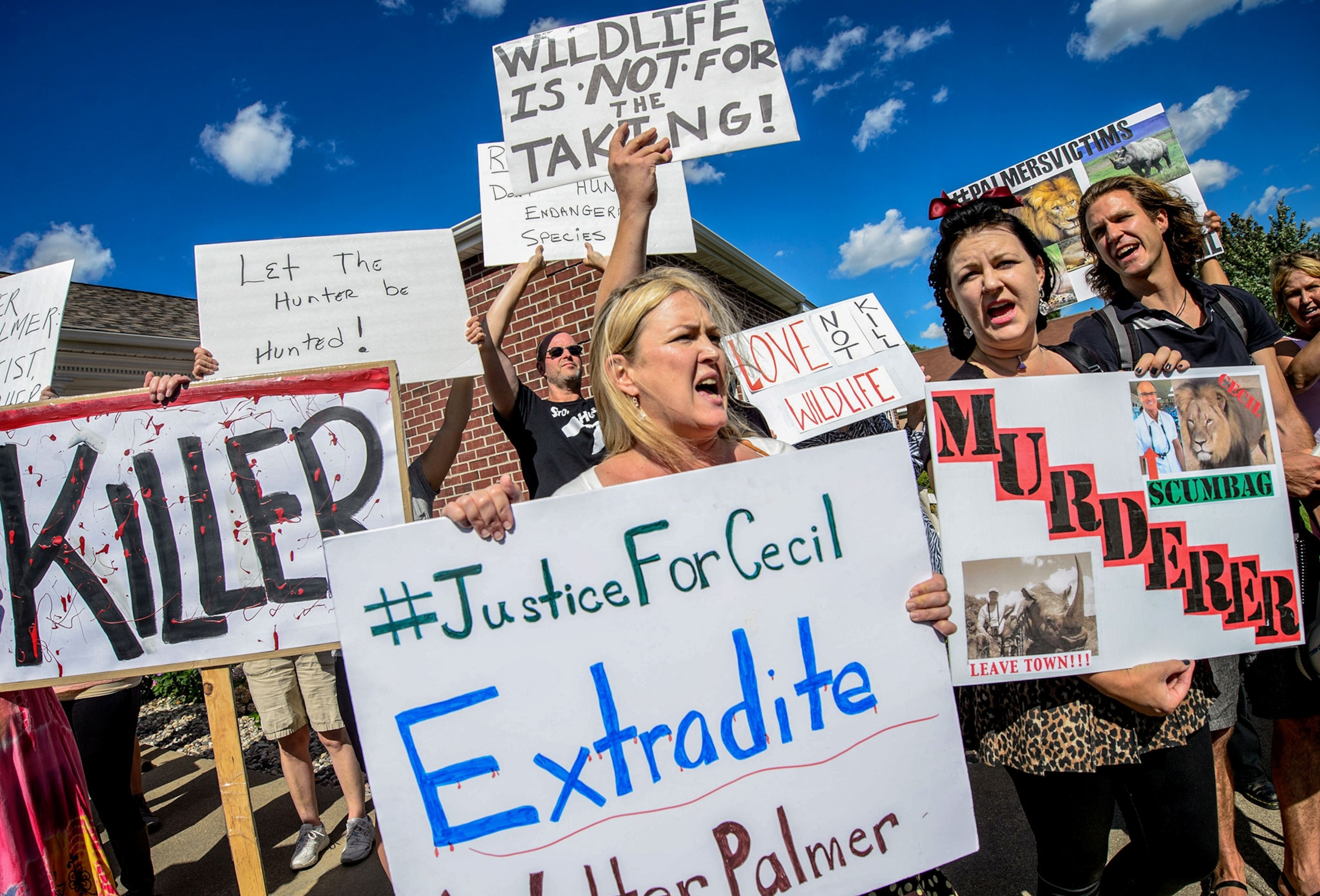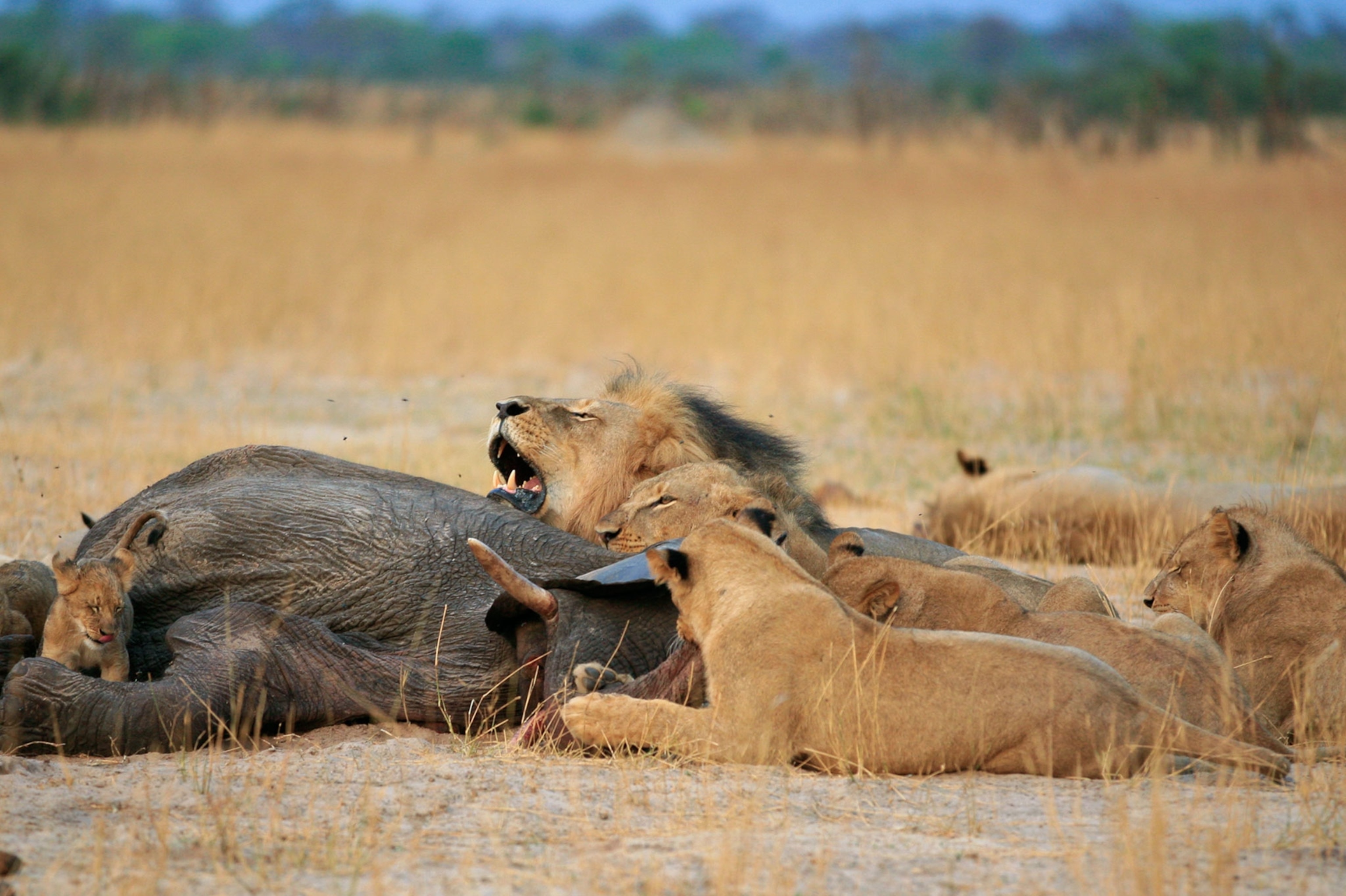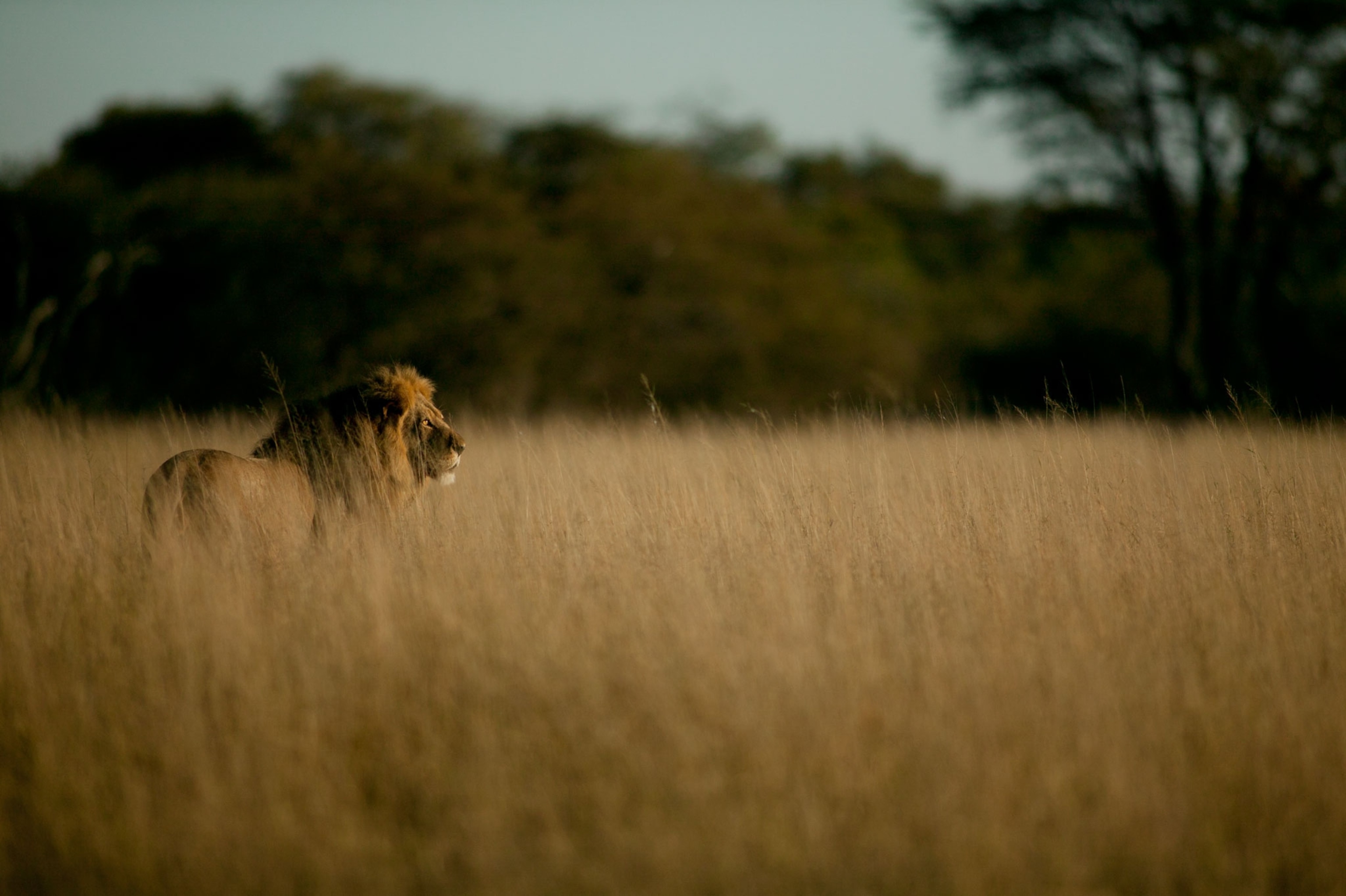
4 Possible Legal Scenarios for American Lion Hunters
What happens next for Walter Palmer and Jan Seski after high-profile lion deaths in Zimbabwe?
After intense public outcry over a pair of recent lion killings in Zimbabwe by American tourist hunters, many are asking what happens next to the accused.
More than a million people have signed petitions calling for a trial for the hunter who killed Cecil the Lion—alleged to be Minnesota dentist Walter Palmer. The anger was further fueled over the weekend when Zimbabwe authorities said they were investigating Pennsylvania doctor Jan Seski for the alleged illegal killing of another lion in the country in April.
In the U.S., the Fish and Wildlife Service and the Justice Department are investigating the cases to see if American wildlife or other laws have been broken. Zimbabwean authorities have publicly said they will seek extradition of Palmer back to their country to stand trial, although they have not yet filed the paperwork. Two Zimbabwean nationals are out on bail after being charged with assisting Palmer’s alleged hunt.
So what happens next for Palmer, Seski, and any other Americans who may find themselves accused of an illegal hunt in Zimbabwe? There are four main possibilities:
1. The hunters get extradited to Zimbabwe
In a sense, these cases are tests of the extradition treaty between the U.S. and Zimbabwe, because no American has actually been sent to the African country since the current agreement went into effect in 2000. Under that treaty, anyone charged with a crime in one of the countries can be extradited to the other if the offense is serious enough to result in a prison sentence of one year or more and if the alleged transgression is also considered illegal in the person’s home country.
Zimbabwe hasn’t lodged formal charges against Palmer or Seski yet, most likely because they are still gathering information, says Jens David Ohlin, a professor at Cornell Law School who studies international criminal affairs.
Although lion hunting might not be explicitly outlawed in the U.S., since wild lions don’t live there, there are enough domestic laws that treat poaching and hunting of restricted animals that “I think it’s probably enough to make the case for extradition,” says Ohlin.
The hunting guides charged in Cecil’s death could get as many as 15 years in Zimbabwe. Ohlin says it’s unclear if Palmer could face as much time.
“It depends on whether the Zimbabweans think he is the person who is most guilty or just an accomplice,” says Ohlin. “It's also a little unclear what the alleged crime is: is it the killing of the animal or luring it outside the protected reserve?”
2. The hunters successfully defeat extradition
Any American facing extradition has the right to fight the proceedings, Ohlin says. They might argue that they won’t get a fair trial in the other country or that the country’s legal and prison system is corrupt and inhumane, accusations that have been levied at Zimbabwe over recent years.
“It wouldn’t be crazy for the State Department to say, ‘We're not going to uphold this,” says Ohlin.
However, the risk of denying the extradition request is that Zimbabwe could say they're not going to extradite anyone back to the U.S. “And post 9/11, the U.S. tends to really care that people are brought to face justice here,” says Ohlin.
Either way, the legal appeals could last for years before the State and Justice departments make final rulings on the cases.
3. The hunters get charged in the U.S.
The hunters would have a better chance of defeating extradition if they could convince U.S. authorities to try them for their alleged crimes at home, says Ohlin. They could have a case, particularly if the feds decide that any U.S. wildlife or other laws were broken.
Prosecution in the U.S. would likely mean less jail time and a higher chance to plea the charges down. That fact isn’t lost on some activists, who have argued that American hunters should be made to stand trial side by side with African accomplices.
What is clear is that a conviction for the same activity on one side of the ocean would prevent additional charges on the other, due to the “double jeopardy” clauses of international treaties.
4. The hunters run from the law
Accused hunters could make like Edward Snowden and try to evade the legal systems of both countries.
But Ohlin says he doesn’t see that as a very likely option in the recent cases. “It's not clear what country would have a political reason to take them,” he says.
Most successful asylum seekers from the U.S. are involved in political controversies or are facing the death penalty, and neither case applies to the alleged hunters (although the animal group PETA has asked for Palmer to be “hanged.”)
Follow Brian Clark Howard on Twitter and Google+.






